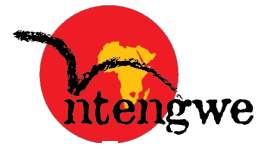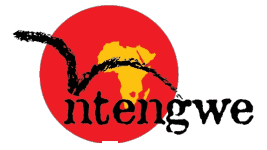Gender Climate & Security
Ntengwe’s lead on Climate Change
Women, young people, children, their families and communities in Matabeleland North have the least responsibility for climate change, but are experiencing the effects of climate change, in notably rainfall variability and extreme events.
These conditions, combined with warming trends, are expected to render land increasingly marginal for agriculture, which poses a major threat to the economy and the livelihoods of the poor due to communities’ dependence on rain-fed agriculture and climate sensitive resources.
These trends have serious implications on food security, livelihoods, health, clean water, energy, medicines, and other ecosystems services. Often, women and girls are the last to eat or be rescued, they face greater health and safety risks as water and sanitation systems become compromised, and they take on increased domestic and care work as resources dwindle.
 We work together with grassroots women leaders/groups, farmers and governments by using participatory approaches to empower grassroots farmers to take the leading role to drive sustainable food systems to conserve nature and to improve food security.
We work together with grassroots women leaders/groups, farmers and governments by using participatory approaches to empower grassroots farmers to take the leading role to drive sustainable food systems to conserve nature and to improve food security.
We empower communities, especially women to take the leading role in planning, implementing, monitoring and evaluation of their own projects and encourage the community to make their own decisions to consult with experts for technical advice.
Women’s active participation, as well as for attention to gender issues and the inclusion of gender-specific mandates across negotiated outcomes and agreements in the United Nations Conventions on Climate Change, desertification and biodiversity and other multilateral environmental instruments is high on our list.
Women offer valuable insights and solutions into better managing the climate and risks. Through their experiences as early adopters, women make significant contributions to agriculture by moving away from industrialized approaches to food systems based on agroecology.
This transition is done in a way that works for farmers and marginalized communities. We provide support by providing safety nets and social protection to allow farmers to make this shift. We work with governments in food and agriculture to ensure that all processes are genuinely inclusive and participatory, giving women, farmers and communities a voice and opportunity to shape their future.
We provide comprehensive policy frameworks for social protection and positive opportunities for a better food system that works for farmers and the environment. In this way, grassroots women leaders and communities become powerful advocates for change.

